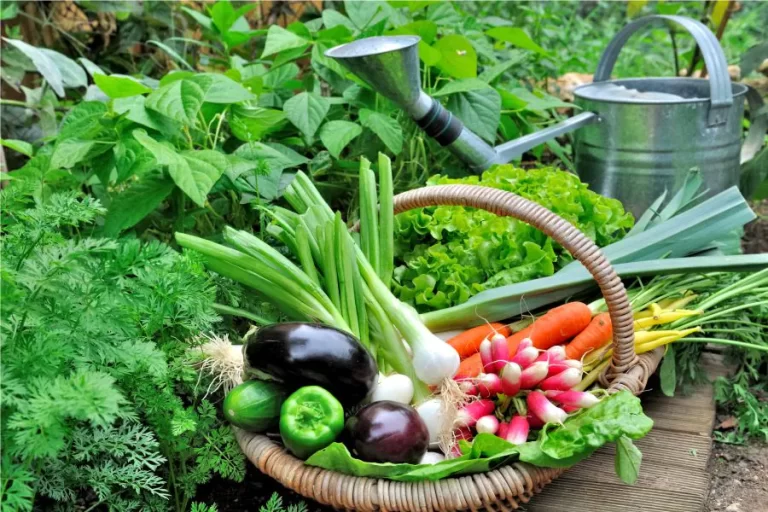Composting is a vital process in recycling organic waste, transforming it into valuable organic fertilizer for agriculture. This process not only reduces the amount of waste, but also improves soil health and promotes environmental sustainability. The core concept of composting is to convert organic materials into compounds that can be used to enrich the soil and support plant growth.

Transformation of Organic Waste into Organic Fertilizer
Composting involves converting raw materials such as straw and manure into organic compounds that are essential for agriculture. This is a complex, biochemical process facilitated by microorganisms in the soil that use the organic matter as a source of energy and nutrients. Unlike a simple pile of waste, a compost pile is carefully managed to provide the ideal conditions for microorganisms to break down the organic matter and release nutrients that are beneficial to plants.
The compost produced is the result of the biological degradation of organic matter in the presence of oxygen, under controlled conditions. During this process, carbon dioxide, heat, water and composted organic matter are produced, which contains a variety of mineral nutrients. These include nitrogen, phosphorus, potassium, calcium, magnesium and sulphur, as well as micronutrients such as iron, zinc, copper and manganese. The nutrients in the compost are released slowly, providing a “controlled availability fertilisation” that is more effective than synthetic fertilisers that are quickly washed away by rain.
Improving Soil Health
One of the main benefits of composting is improved soil health. Composted organic matter binds to soil particles, forming granules that help retain and drain water and improve aeration. In addition, using compost increases the number of beneficial earthworms, insects and microorganisms in the soil, which helps reduce plant diseases and improves overall soil quality.
Agroecology: The Importance of Mulch
In agroecological agriculture, composting is used to transform fibrous plant materials, such as cereal straw and coffee husks, into compost that is then applied to the soil in two ways. Part of the compost is incorporated into the top few centimeters of the soil, while another part is used as a cover, known as “mulch”. This mulch offers multiple benefits:
- Stimulates the development of plant roots: Roots become more efficient at absorbing water and nutrients.
- Increases water infiltration capacity: Reduces erosion and improves soil water retention.
- Keeps soil temperature and pH stable: Provides a stable environment for plant growth.
- It makes it difficult for invasive plant seeds to germinate: Helps control weeds.
- Activates soil life: It favors the reproduction of microorganisms that are beneficial to agricultural crops.
Proper Compost Preparation
To ensure that composting is effective, it is essential to prepare the compost correctly. The compost pile must contain an adequate mix of organic waste, moisture and oxygen. Maintaining these conditions is crucial to providing a suitable environment for the microorganisms responsible for decomposing organic matter. Proper compost management ensures the production of high-quality compost that can be used to enrich the soil and support sustainable agriculture.
Environmental Sustainability
Composting is a recycling practice that offers significant benefits to the environment. By transforming organic waste into organic fertilizer, you reduce the amount of waste that goes to landfills and help reduce pollution. In addition, composting promotes sustainable agricultural practices, helping to improve soil health and reducing the need for chemical fertilizers. Incorporating composting into your routine not only helps preserve the environment, but also promotes healthier and more productive agriculture.
Composting is therefore an essential technique for recycling organic waste and promoting sustainable agricultural practices. Implementing and maintaining effective composting practices can significantly contribute to soil health and environmental protection, making composting an indispensable tool in building a more sustainable future.
Check out other interesting facts about recycling clicking here.
Learn how to make art by recycling, Click here.




Good morning !
I read on a website that it is good for plants to put a mixture of coffee grounds and eggshells, vegetables and fruits blended in a blender in the soil of their pots.
And we can do this directly, without the need for composting.
That is true ?
Can I mix this in pots with plants, such as basil, rosemary, tomato plants, etc…?
I would like to thank you in advance for your attention and I look forward to hearing from you, if possible.
Valdir.
That's true, Valdir, but the question is the correct amount that you can add. Try starting with a very small amount of the compound “made by you” and observe the results.